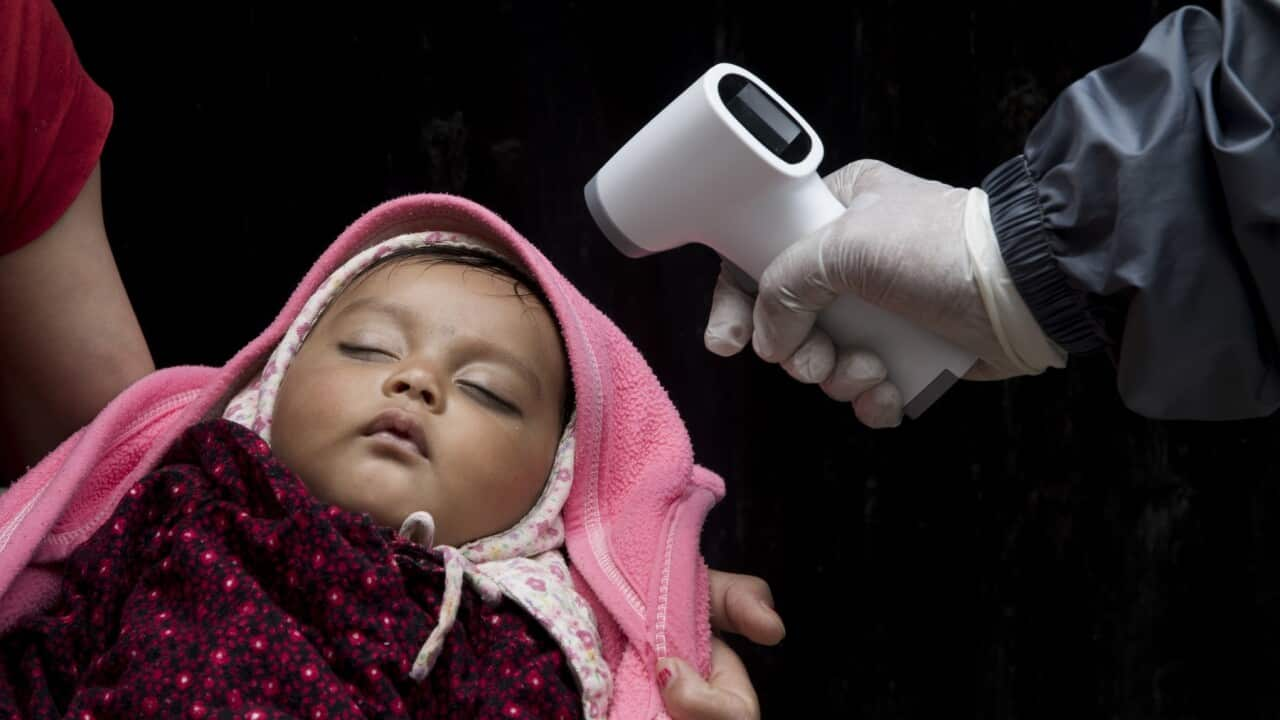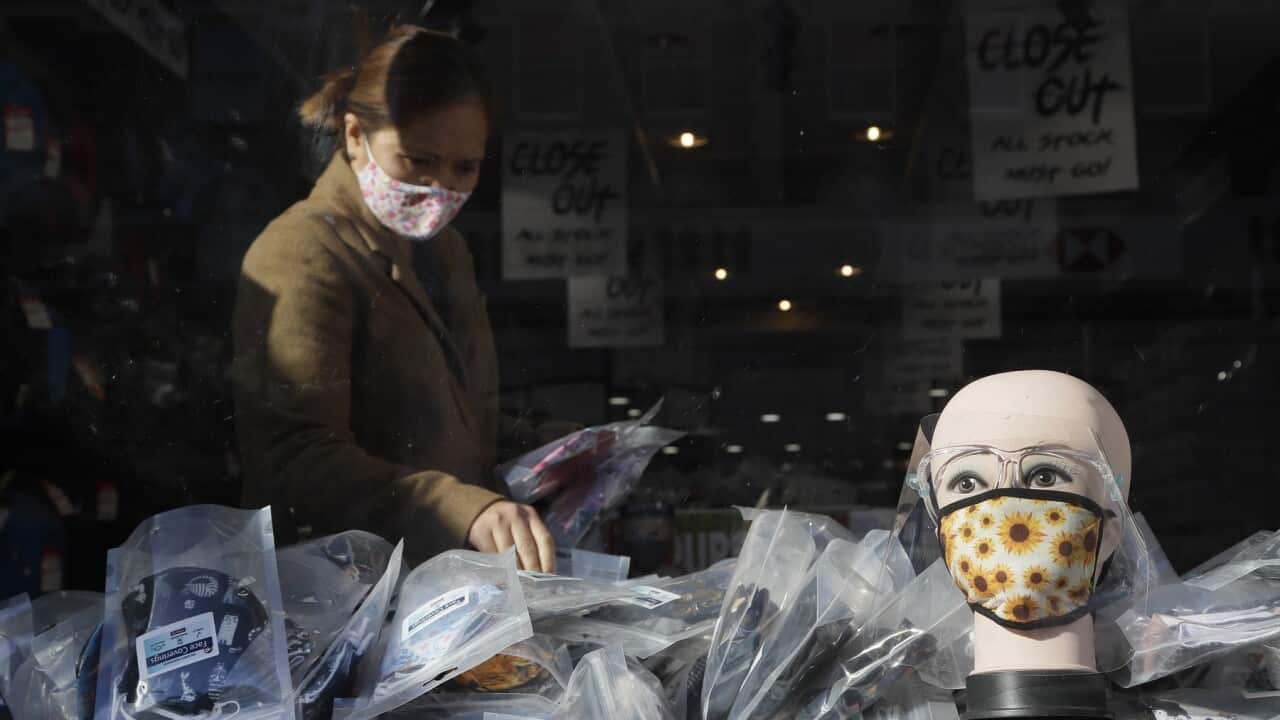The UK government said on Tuesday it will invest $61.5 million in the so-called “human challenge” trials in partnership with Imperial College London, laboratory and trial services company hVIVO and the Royal Free London NHS Foundation Trust.
If approved by regulators and an ethics committee, the studies will start in January with results expected by May 2021, the government said.
Using controlled doses of virus, the aim of the research team will initially be to discover the smallest amount of virus it takes to cause COVID-19 infection in small groups of healthy young people, aged between 18 and 30, who are at the lowest risk of harm, the scientists leading the studies said in a briefing.
Up to 90 volunteers could be involved at the initial stages, they said, and the virus to be used will be manufactured in labs at London’s Great Ormond Street Hospital.
Chris Chiu, an Imperial College scientist on the team, said the experiments would rapidly increase understanding of COVID-19 and the SARS-CoV2 virus that causes it, as well as accelerating development of potential new treatments and vaccines.
Critics of human challenge trials say deliberately infecting someone with a potentially deadly disease for which there is currently no effective treatment is unethical. Business Secretary Alok Sharma said the trials would be carefully controlled and marked an important next step in building understanding of the virus and accelerating vaccine development.
Business Secretary Alok Sharma said the trials would be carefully controlled and marked an important next step in building understanding of the virus and accelerating vaccine development.

The UK government said it will invest millions during the “human challenge” trials. Source: hVIVO
Mr Chiu said the plan for initial studies - which are aimed at assessing how much virus it takes to infect someone with COVID-19 - is to immediately treat volunteers with the Gilead antiviral drug Remdesivir as soon as they are infected.
He said that while studies have show Remdesivir has little or no effect on severe COVID-19 cases, his team has a “strong belief” that it will be an effective treatment if given in the very earliest stages of infection.
A spokeswoman for the World Health Organization said that there are “very important ethical considerations” when approaching such human challenge trials.
“What is critical is that if people are considering this, it must be overseen by an ethics committee and the volunteers must have full consent. And they must select the volunteers in order to minimise their risk,” she told reporters in Geneva.
Mr Chiu said his team’s “number one priority is the safety of the volunteers”.
“No study is completely risk free, but (we) will be working hard to ensure we make the risks as low as we possibly can,” he said.
Britain’s hVIVO, a unit of pharmaceutical services company Open Orphan, said last week it was carrying out preliminary work for the trials.











